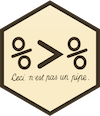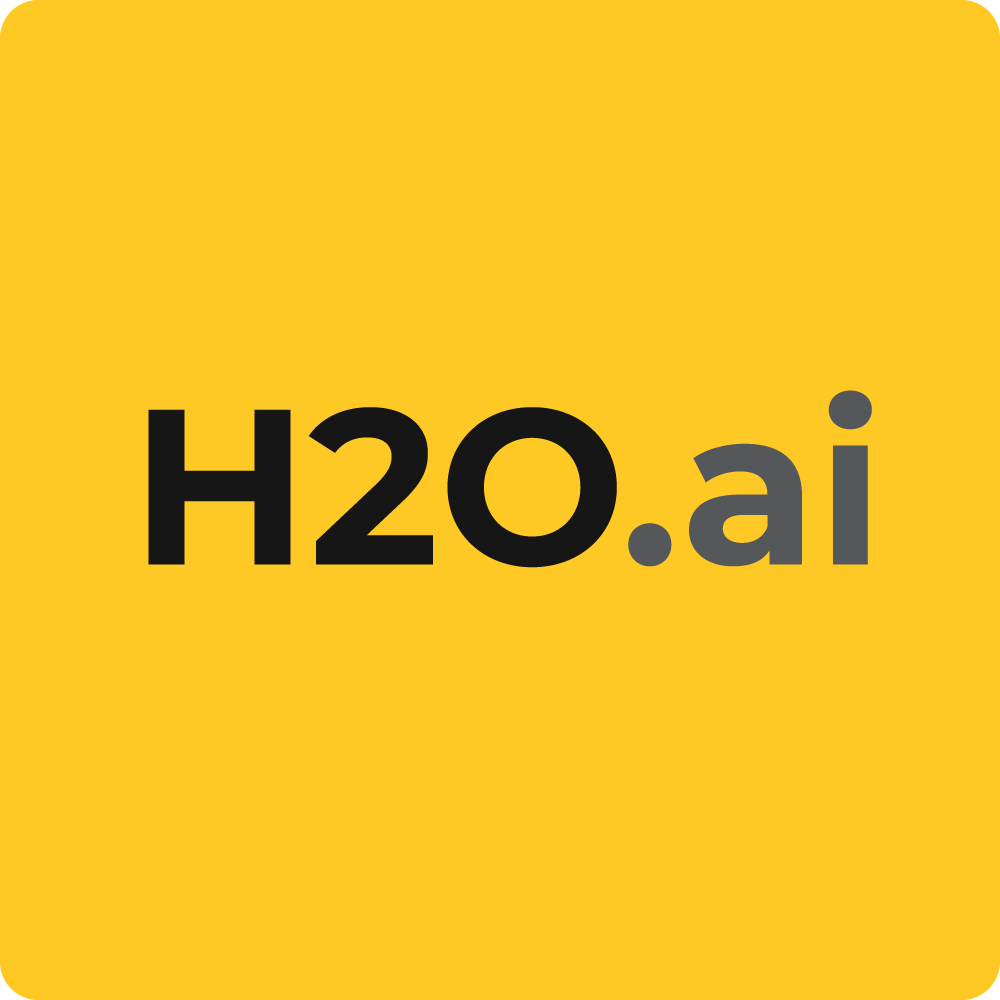-
Platform
Generative AI
- Why H2O.ai
- Enterprise h2oGPTe
-
Open Source h2oGPT
Customize and deploy open source AI models, create your own digital assistants and business GPTs.
- H2O Danube3
-
H2OVL Mississippi
Open weight small vision-language models for OCR and Document AI
-
H2O Eval Studio
Assess the performance, reliability, safety, and effectiveness of RAG and LLM-based applications.
- H2O LLM Studio
- GenAI App Store
- Solutions
-
Customers
- Partners
-
Resources
- Events
-
Company
BLOG
In September, H2O.ai released a new open source software project for GPU machine learning called H2O4GPU . The initial release (blog post here ) included a Python module with a scikit-learn compatible API, which allows it to be used as a drop-in replacement for scikit-learn with support for GPUs on selected (and ever-growing) algorithms. We are proud to announce that the same collection of GPU algorithms is now available in R, and the h2o4gpu R package is available on CRAN .

The R package makes use of RStudio’s reticulate R package for facilitating access to Python libraries through R. Reticulate embeds a Python session within your R session, enabling seamless, high-performance interoperability and was originally created by RStudio in an effort to bring the TensorFlow Python library into R.

This is exciting news for the R community, as h2o4gpu is the first machine learning package that brings together a diverse collection of supervised and unsupervised GPU-powered algorithms in a unified interface. The initial collection of algorithms includes:
- Random Forest, Gradient Boosting Machine (GBM), Generalized Linear Models (GLM) with Elastic Net regularization
- K-Means, Principal Component Analysis (PCA), Truncated SVD


- Here is the main GitHub repo. If you like the package, please ? the repo on GitHub!
- If you’re looking to contribute, check out the CONTRIBUTING.md file.
- All open issues that are specific to the R package are here.
- All open issues are here.
Thanks for checking out our new package!
— Navdeep Gill , Erin LeDell , and Yuan Tang

H2O.ai Team
At H2O.ai, democratizing AI isn’t just an idea. It’s a movement. And that means that it requires action. We started out as a group of like minded individuals in the open source community, collectively driven by the idea that there should be freedom around the creation and use of AI.
Today we have evolved into a global company built by people from a variety of different backgrounds and skill sets, all driven to be part of something greater than ourselves. Our partnerships now extend beyond the open-source community to include business customers, academia, and non-profit organizations.
Ready to see the H2O.ai platform in action?
Make data and AI deliver meaningful and significant value to your organization with our platform.











